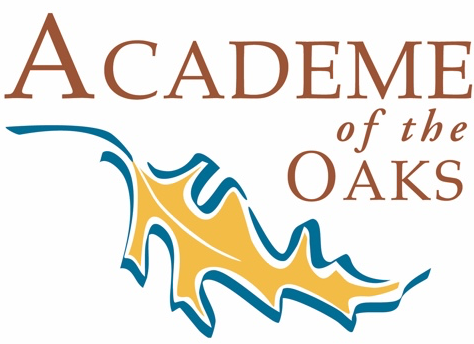Electives
Twice-weekly, semester-long elective classes include Computer Science, Debate, Model United Nations, Mythology, Photography, Art, Agriculture, and Aboriginal Technologies. Students may also participate in year-long, after-school groups, among them Academe Singers and the Young Physicians Initiative:
Computer Science
The project-based computer science electives (Computer Science I and II) introduce students to computer programming through games, art, stories, and simulations. Emphasizing creativity and exploration, the courses employ software development tools aimed at the beginning programmer—Scratch, Python,Processing, and Java.
While Computer Science students learn to code, programming is about problem-solving and structured thinking. Projects are evaluated not only for efficient programming, but for originality, creativity, and aesthetics, including graphic art and sound.
Policy Debate
During his address to the Urban Debate League, U.S. Secretary of Education Arne Duncan noted: “[debate] is uniquely suited to building what’s been called the “Four C’s” of 21st century skills—critical thinking, communication, collaboration, and creativity.” At Academe we believe this is true, but join the high school debate community in adding a fifth “C”—for civic engagement. Policy debate is the most rigorous academic activity a student can choose to pursue. The demands are significant, however we believe the rewards are too.
Participation in debate cultivates intensive research skills and also careful critical thinking. Policy debate is a contest of ideas. Students learn to analyze competing claims, fashion arguments on the fly, and listen carefully to each other. Furthermore, debaters must switch sides of the topic. The successful debater learns to see the strengths on both sides of an argument. Ultimately, we believe that debate experience translates into students who are more aware of the issues of our times and better prepared to solve them.
Leadership
Academe students may elect to participate in the Leadership Seminar, an opportunity to examine values, beliefs, choices, and behaviors in the context of leadership and collaboration. Students hear from effective community leaders in both non-profit and for-profit sectors, including business, government, athletics, the arts, and education.
Students are invited and encouraged to participate in the Academe’s strategic planning process. They are uniquely positioned to contribute to goal-setting and effective strategy: students’ personal investment in the community and their blossoming skills, knowledge, and creativity are, in combination, an invaluable resource.
Entrepreneurship
Academe students in all grades may elect to join Academe’s practical program in entrepreneurship, building a student-conceived, student-run, campus-based business.
